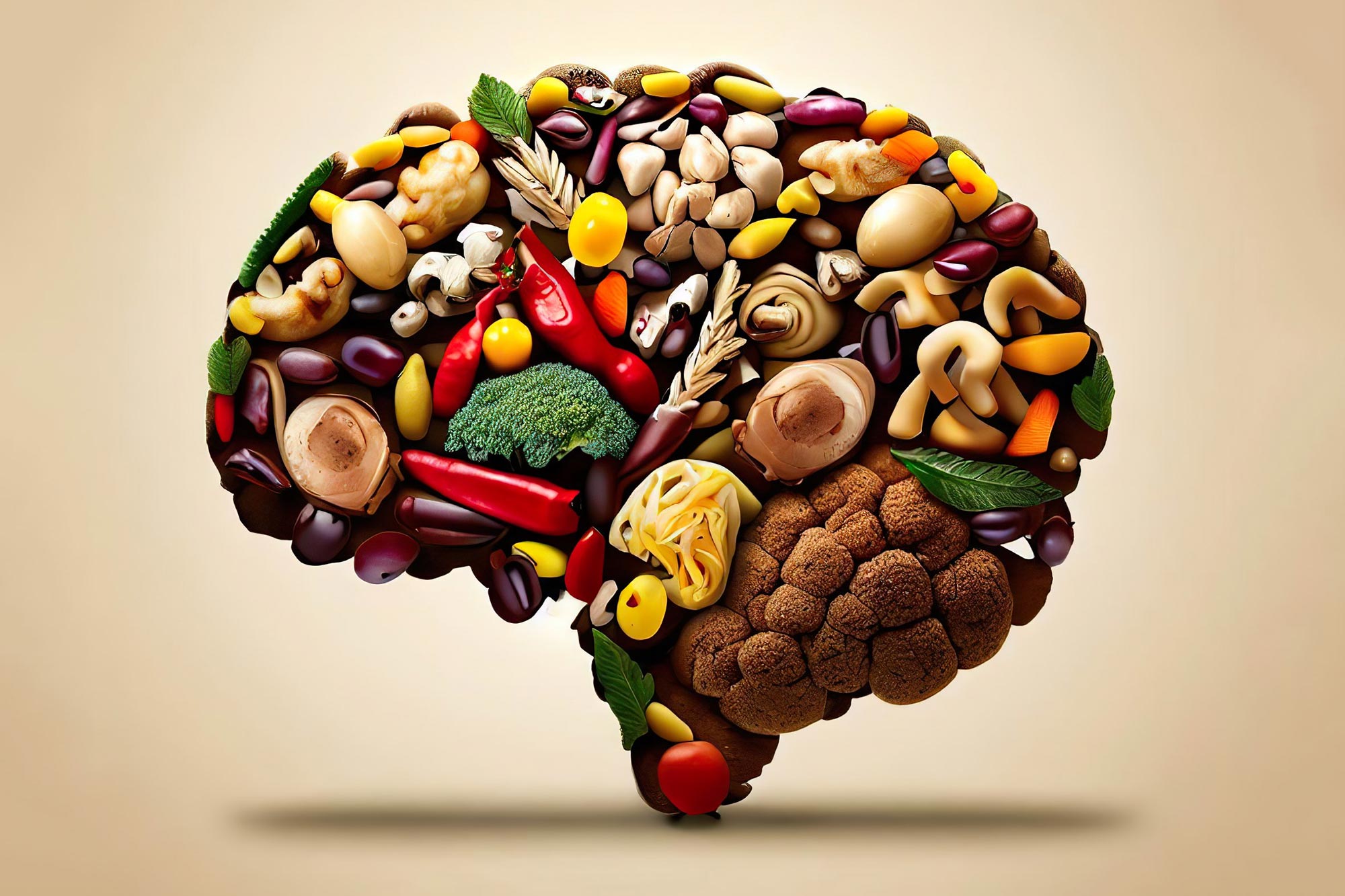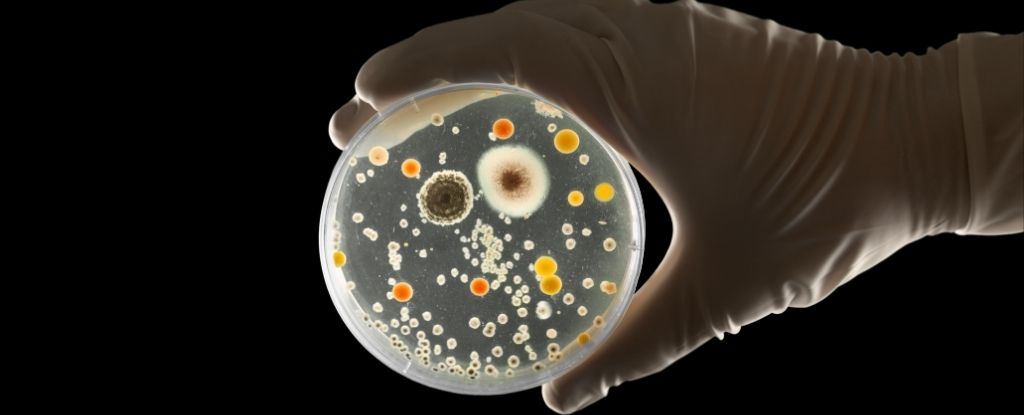Według badań przeprowadzonych przez Ben Gurion University, zielona dieta śródziemnomorska może spowolnić starzenie się mózgu. Naukowcy odkryli, że zmniejszenie masy ciała o 1% może sprawić, że mózg będzie wyglądał o około 9 miesięcy młodziej w okresie 18 miesięcy. Odkrycie to oferuje potencjalną metodę spowalniania starzenia się mózgu spowodowanego otyłością oraz strategię oceny wpływu zmian stylu życia na zdrowie mózgu.
Nowe odkrycia z długoterminowej próby diety wykazują pozytywny wpływ na zdrowie mózgu.
Według nowych badań przeprowadzonych przez Ben-Gurion University of the Negev, przejście na zieloną, śródziemnomorską dietę pozytywnie wpływa na zdrowie mózgu. Utrata masy ciała poprawiła starzenie się mózgu w badaniu cząstkowym badania DIRECT-PLUS.
DIRECT PLUS było zakrojonym na szeroką skalę, długoterminowym badaniem klinicznym trwającym 18 miesięcy z udziałem 300 uczestników.
Badanie dodatkowe zostało przeprowadzone przez profesor Galię Avidan z Wydziału Psychologii i dr Gideona Levakowa, byłego absolwenta Wydziału Nauk Kognitywnych i Mózgu.
Ich odkrycia zostały niedawno opublikowane w czasopiśmie naukowym eŻycie.

profesor Galia Avidan. Źródło: Danny Machlis/BGU
Większe badanie było prowadzone przez profesor Iris Shay z Ben-Gurion University of the Negev, adiunkta z Harvard School of Public Health i emerytowanego profesora na Uniwersytecie w Lipsku w Niemczech, wraz z byłym doktorantem dr Alonem. Kaplana i współpracowników z uniwersytetów Harvarda i Lipska.

dr Gideon Levakov. Źródło: BGU
Otyłość wiąże się z szybszym starzeniem się mózgu, niż można by się normalnie spodziewać. Naukowcy mogą uchwycić ten proces, obliczając „wiek mózgu” danej osoby – ile lat ma mózg na szczegółowych skanach, niezależnie od wieku chronologicznego. Takie podejście pomaga również zbadać, w jaki sposób pewne czynniki, takie jak styl życia, wpływają na starzenie się mózgu w stosunkowo krótkich okresach czasu.
Levakov, Kaplan, Shay i Avidan przebadali 102 osoby, które spełniały kryteria otyłości. Uczestnicy otrzymali skan mózgu na początku i na końcu programu; W tym czasie przeprowadzono również więcej testów i pomiarów, aby uchwycić inne procesy biologiczne, na które wpływa otyłość, takie jak zdrowie wątroby.
Wykorzystali skany mózgu wykonane na początku i na końcu badania, aby zbadać wpływ interwencji związanej ze stylem życia na przebieg starzenia. Wyniki ujawniły, że spadek masy ciała o 1% spowodował, że życie mózgu uczestników było o około 9 miesięcy młodsze niż oczekiwane życie mózgu po 18 miesiącach. To upośledzone starzenie się wiąże się ze zmianami innych wskaźników biologicznych, takich jak zmniejszenie zawartości tłuszczu w wątrobie i enzymów wątrobowych. Wcześniej wykazano, że zwiększona ilość tłuszczu w wątrobie i produkcja niektórych enzymów wątrobowych negatywnie wpływają na zdrowie mózgu[{” attribute=””>Alzheimer’s disease.

Credit: BGU
“Our study highlights the importance of a healthy lifestyle, including lower consumption of processed food, sweets, and beverages, in maintaining brain health,” says Dr. Levakov.

Prof. Iris Shai. Credit: Dani Machlis/BGU
“We were encouraged to find that even a weight loss of 1% was sufficient to affect brain health and lead to a 9-month reduction in brain age,” says Prof. Avidan.
The findings show that lifestyle interventions that promote weight loss can have a beneficial impact on the aging trajectory of the brain seen with obesity. The next steps will include figuring out whether slowing down obesity-driven brain aging results in better clinical outcomes for patients. In addition, the study shows a potential strategy to evaluate the success of lifestyle changes on brain health. With global rates of obesity rising, identifying interventions that have a positive impact on brain health could have important clinical, educational, and social impacts.
The DIRECT-PLUS trial research team was the first to introduce the concept of the green-Mediterranean, high polyphenols diet. This modified Mediterranean diet is distinct from the traditional Mediterranean diet because of its more abundant dietary polyphenols (phytochemicals, secondary metabolites of plant compounds that offer various health benefits) and lower red/processed meat. On top of a daily intake of walnuts (28 grams), the green-Mediterranean dieters consumed 3-4 cups of green tea and 1 cup of Wolffia-globosa (Mankai) plant green shake of duckweed per day over 18 months. The aquatic green plant Mankai is high in bioavailable iron, B12, 200 kinds of polyphenols and protein, and is therefore a good substitute for meat.

Dr. Alon Kaplan. Credit: BGU
Reference: “The effect of weight loss following 18 months of lifestyle intervention on brain age assessed with resting-state functional connectivity” by Gidon Levakov, Alon Kaplan, Anat Yaskolka Meir, Ehud Rinott, Gal Tsaban, Hila Zelicha, Matthias Blüher, Uta Ceglarek, Michael Stumvoll, Ilan Shelef, Galia Avidan and Iris Shai, 6 April 2023, eLife.
DOI: 10.7554/eLife.83604
Additional researchers included: Anat Yaskolka Meir, Ehud Rinott, Gal Tsaban, Hila Zelicha, and Prof. Ilan Shelef of BGU, as well as Matthias Blüher, Uta Ceglarek, Michael Stumvoll of the University of Leipzig.
This work was funded by grants from the Deutsche Forschungsgemeinschaft (DFG, German Research Foundation) – Project number 209933838- SFB 1052; the Rosetrees Trust (grant A2623); Israel Ministry of Health grant 87472511; Israel Ministry of Science and Technology grant 3-13604; and the California Walnuts Commission.
None of the funding providers took part in any stage of the design, conduct, or analysis of the study, and they had no access to the study results before publication.

„Podróżujący ninja. Rozrabiaka. Badacz bekonów. Ekspert od ekstremalnych alkoholi. Obrońca zombie.”




